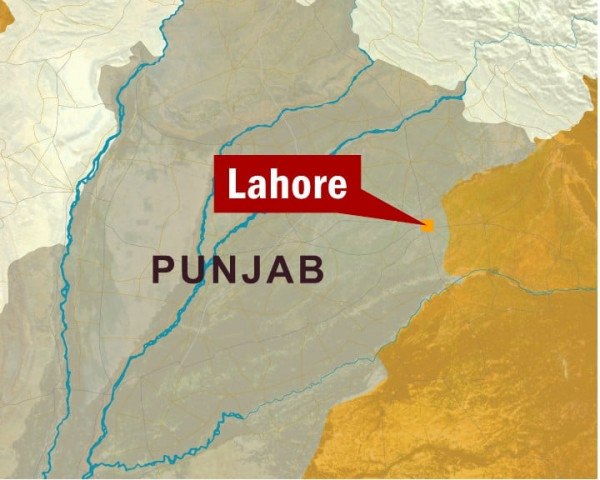LSE debates: Risalpur, Faisalabad win declamation trophies
Saturday was the second day of the debates competition in which more than 70 teams are competing.

Saturday was the second day of the debates competition in which more than 70 teams are competing.
Another highlight of the day was the Masters’ Round. The round pitched senior debaters, among the best in their time, against each other. All teams participating in the 4-day event thronged to the Masters’ Debate for inspiration.
The topic chosen for the round was This House Supports Legislation Through Citizen Certified Referenda. Daniyal Asad and Ayesha Ahmed were the opening government, G Rhydian Morgan (a British Speaker and the chief adjudicator) and Hamza Ijaz were the closing government, Abdur Rehhman and Ali Hannan were the opening opposition while Waqqas Mir and Umar Mehmood Khan aka Don were the closing opposition. The government’s stance was based around the premise that people, not legislators, should have the say. They argued that legislators had their vested interests to look after and were susceptible to pressure from powerful lobbies. They gave the examples of the big tobacco and big oil in the United States. Morgan, speaking in favour of the motion, said, “The people should not be afraid of the government. The government should be afraid of the people. We need to assert our rights.” The opposition, on the other hand, contended that citizens were more vulnerable to pressure and propaganda. They also argued that the parliament had a system of checks and balances, which citizen certified referenda would not have. Mir pointed out, “You have the constitutions to run to in case of emergencies if the parliament messes up.” Khan argued that the government had not proven the burden of proof that lay on them.
“Who will scrutinise the bill? Who will initiate the referenda? Important questions have been ignored by the government.” The match was decided on basis of popular vote. The house decided it in favour of the closing opposition.
SAJ Shirazi (LSE deputy controller examinations) said, “I was a debater in my time but I could not have matched the participants’ skills and ability to reason. That is the kind of excellent public speaking skills we want in the rest of the children.”
Dr Azam Amjad Chaudhry (Dean of Economics) while talking about the importance of such competitions said, “It is time for our youth to share their opinions as well as develop respect and tolerance for those of others.
In today’s world nothing can ever be resolved without dialogue and communication. Whether you argue in English or Urdu, getting out of your comfort zone and still managing to give convincing arguments is a skill that deserves appreciation.” Three rounds will be held on Sunday and at the end breaks will be announced. This year marks the fifth annual debating championship organised by the Lahore School of Economics (LSE). On the first day of the competition, equality of women, paternity and maternity leaves and compensation for housewives for their services to the family unit were debated.
Speakers are asked to present their arguments in seven minutes. Two teams consisting of three members each define, propose and conclude the arguments on the motion presented before the house.
Published in The Express Tribune, February 6th, 2011.



















COMMENTS
Comments are moderated and generally will be posted if they are on-topic and not abusive.
For more information, please see our Comments FAQ